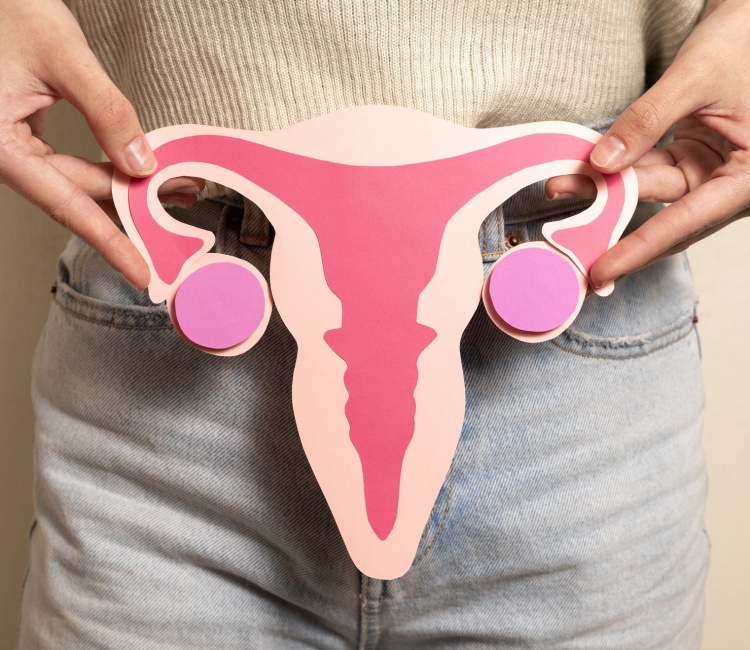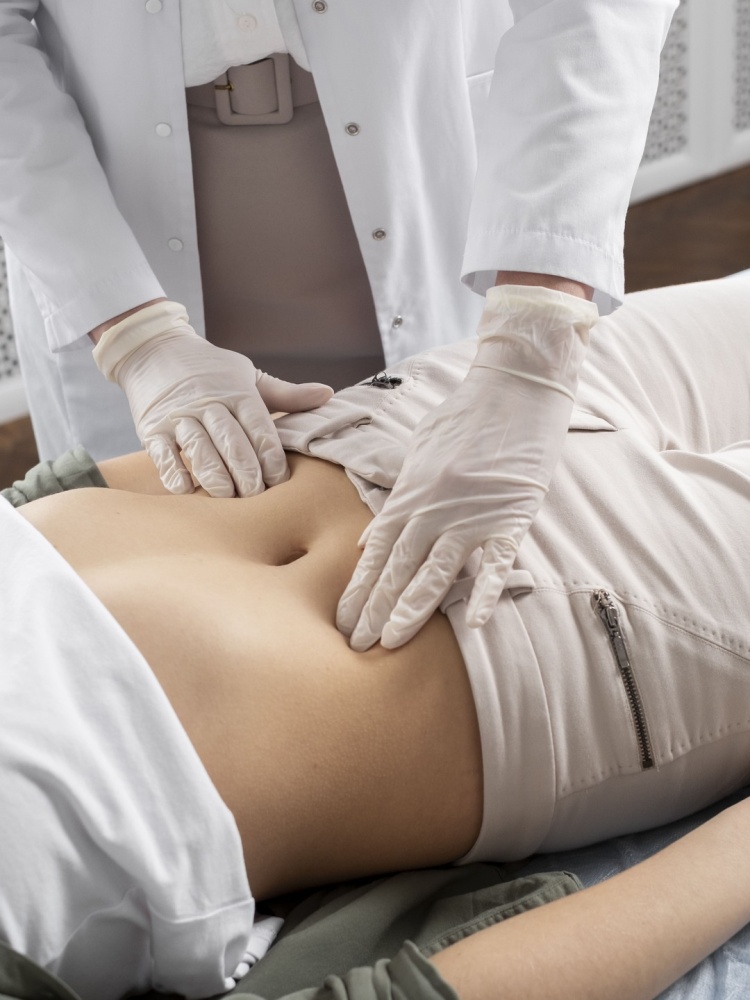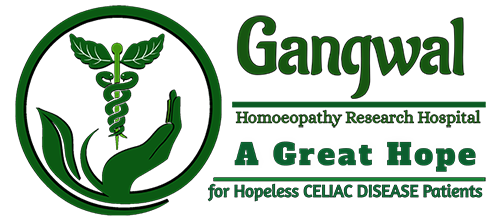PCOD Treatment
PCOD (Polycystic Ovary Syndrome) is a hormonal disorder that affects women of reproductive age. It is characterized by irregular menstrual periods, excess androgen (male hormone) levels, and the presence of multiple small cysts on the ovaries. The treatment of PCOD aims to manage symptoms, regulate menstrual cycles, and address underlying hormonal imbalances. The treatment approach may involve lifestyle modifications, medications, and sometimes surgical intervention.
Here are some common treatments for PCOD:

Lifestyle Modifications:
Adopting healthy lifestyle habits can help improve PCOD symptoms and hormone balance. Some key lifestyle changes include:
- Weight Management: Achieving and maintaining a healthy weight through diet and exercise can help reduce insulin resistance and androgen levels, which are common features of PCOD.
- Healthy Diet: Following a balanced diet that includes whole grains, fruits, vegetables, lean proteins, and healthy fats while limiting refined carbohydrates and sugars.
- Regular Exercise: Engaging in regular physical activity, such as aerobic exercises and strength training, can improve insulin sensitivity and hormone balance.
- Stress Management: Finding effective ways to manage stress, such as meditation, yoga, or relaxation techniques, as stress can worsen PCOD symptoms.
- In homoeopathy the problem can be cured.
Oral Contraceptives:
Birth control pills are often prescribed to regulate menstrual cycles and reduce androgen levels in women with PCOD. They can also help manage acne and excessive hair growth (hirsutism).
Anti-Androgen Medications:
Medications that block the effects of androgens, such as spironolactone or flutamide, may be used to reduce symptoms like hirsutism and acne.
Insulin-Sensitizing Medications:
Metformin, a medication used to treat type 2 diabetes, may be prescribed to improve insulin sensitivity and help regulate menstrual cycles in women with PCOD.
Ovulation Induction:
For women trying to conceive, medications like Clomiphene citrate or Letrozole may be used to stimulate ovulation.
Gonadotropin Injections:
In cases where ovulation induction with oral medications is not successful, injectable hormones called gonadotropins may be used to stimulate the ovaries to release eggs.
Laparoscopic Ovarian Drilling:
In some cases, laparoscopic surgery may be recommended to treat PCOD. This procedure involves making small incisions in the abdomen and using heat or laser to destroy a portion of the ovarian tissue, which can help restore ovulation.

It’s important to note that PCOD treatment is individualized based on the woman’s specific symptoms, goals (e.g., pregnancy planning), and medical history. A healthcare provider, usually a gynecologist or an endocrinologist, will work closely with the patient to create a personalized treatment plan. Regular follow-up visits are necessary to monitor progress and adjust the treatment as needed.









